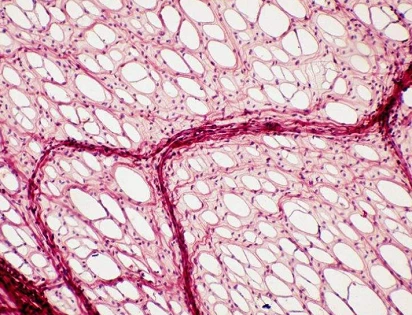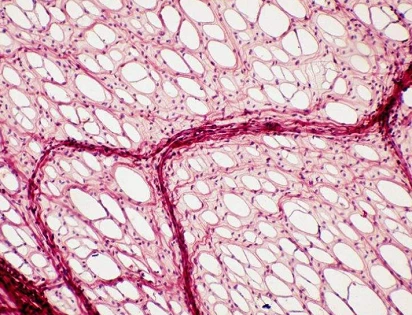Studies have found that mitochondrial ROS affects muscle differentiation through cellular autophagy

Studies have found that mitochondrial ROS affects muscle differentiation through cellular autophagy

Copyright © iCell Bioscience Inc, Shanghai 2018-2019
Muscle differentiation is an important process that controls muscle development and maintains muscle homeostasis. During muscle differentiation, mitochondrial reactive oxygen species rapidly increase and function as a key cellular signaling intermediate. However, how mitochondrial ROS control muscle gene signals has not been elucidated.
Autophagy is a lysosomal-mediated degradation pathway. It is a very important biological phenomenon, like apoptosis and aging. It participates in various processes such as biological development and growth. Autophagy is seen during muscle differentiation. It is an important organelle remodeling mechanism.
In a recent study published in the international academic journal Cell Death & Differentiation, researchers from South Korea found that mitochondrial ROS can stimulate the PI3K/AKT/mTOR cascade signaling pathway, and that activated mTORC1 subsequently passes through the 317 autophagy promoter ULK1. Phosphorylation of serine induces an autophagy signaling pathway and upregulates multiple Atg protein expression involved in the autophagy process to promote muscle differentiation.

The researchers further treated the mitoQ or mTORC1 inhibitor rapamycin with anti-oxidation and found that when ROS is cleared or mTORC1 is inhibited, it affects ULK1 phosphorylation and Atg protein expression.
Taken together, this study found that mitochondrial ROS can remodel cell architecture by inducing autophagy by activating mTOR during muscle differentiation, and propose a new regulatory mechanism for mitochondrial ROS to regulate muscle differentiation.
 Loading ....
Loading ....
